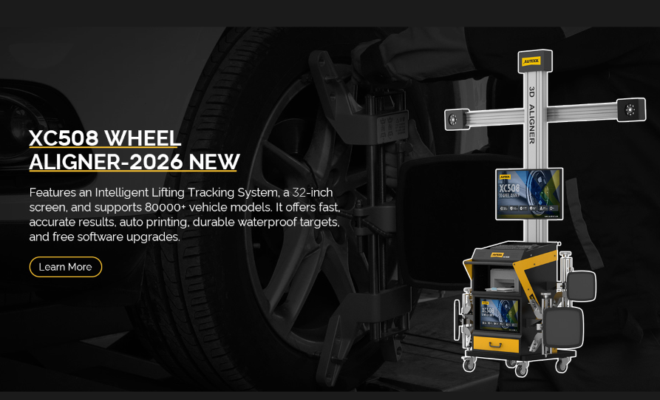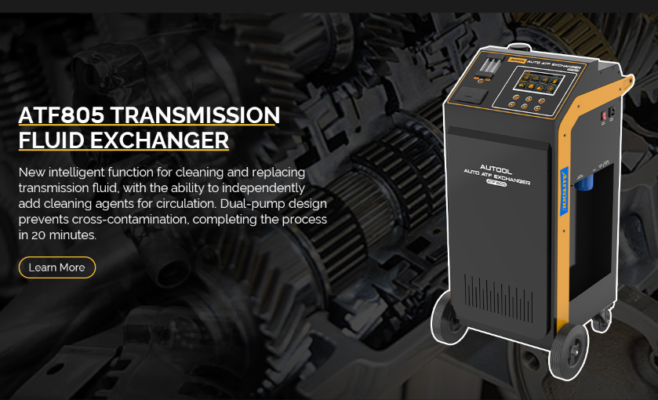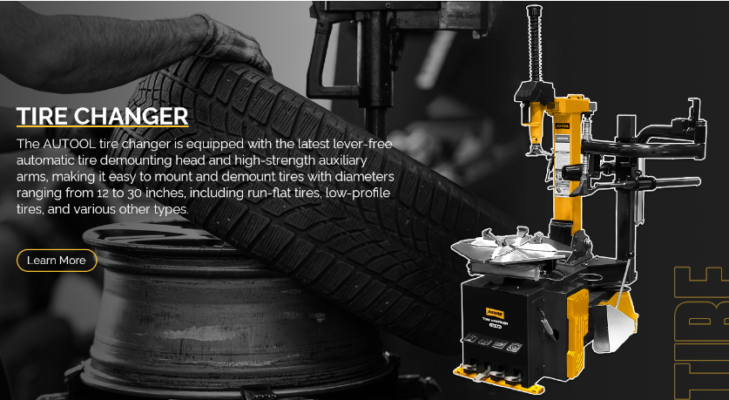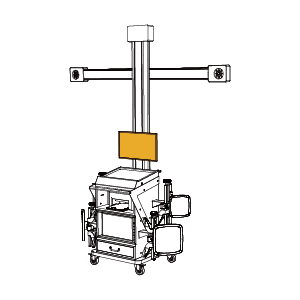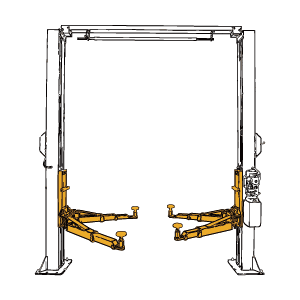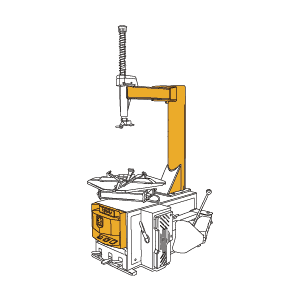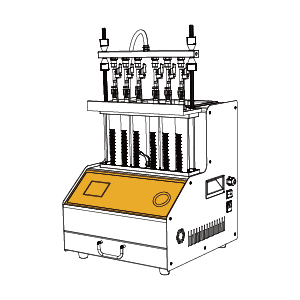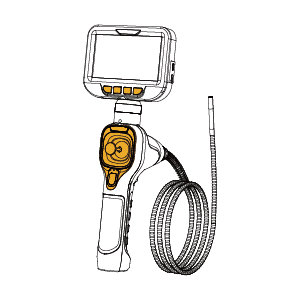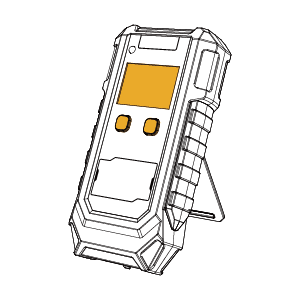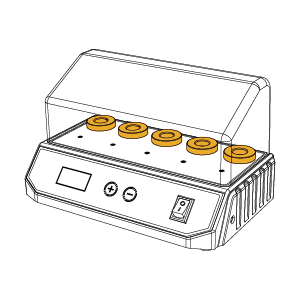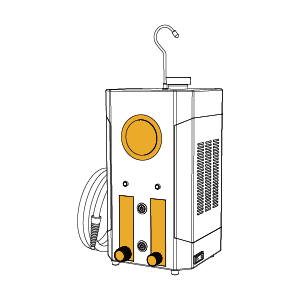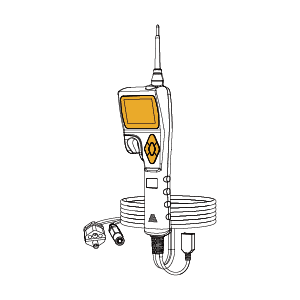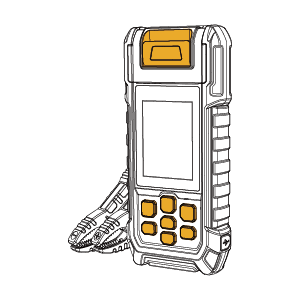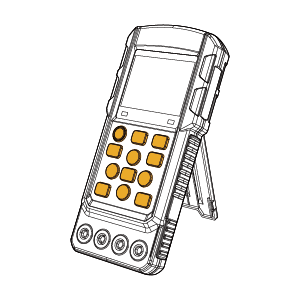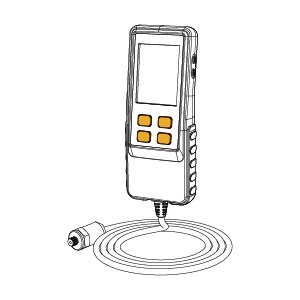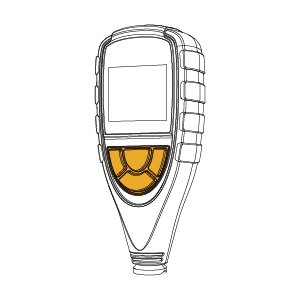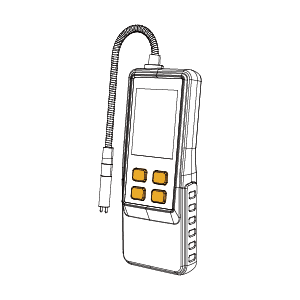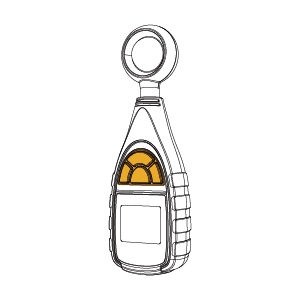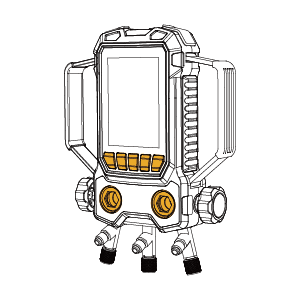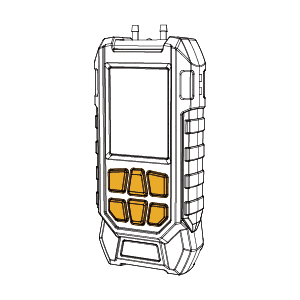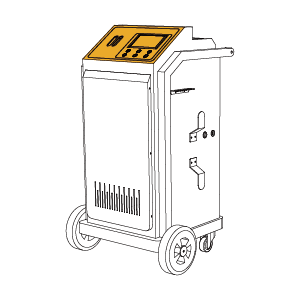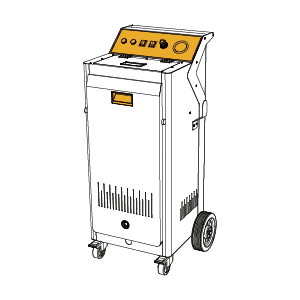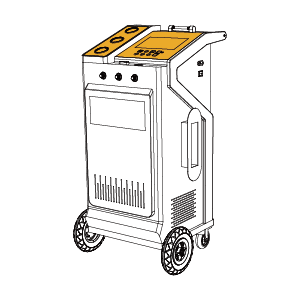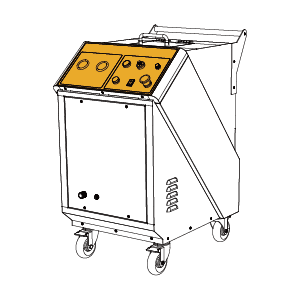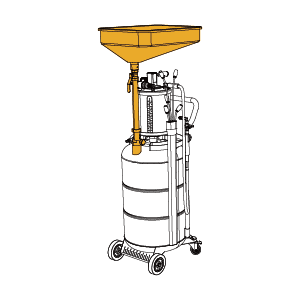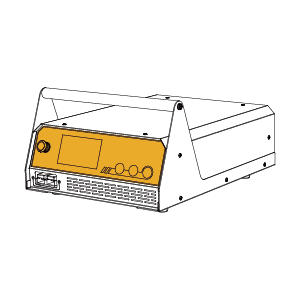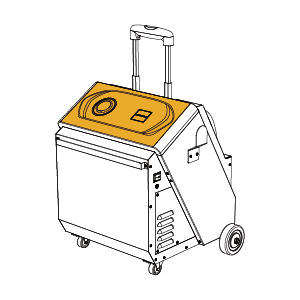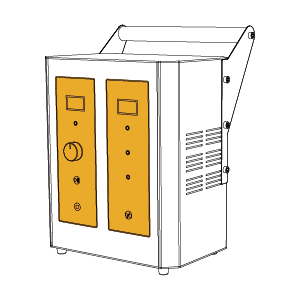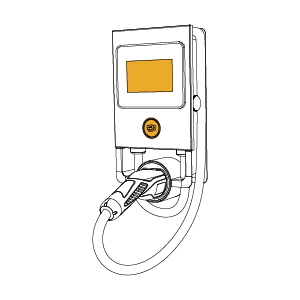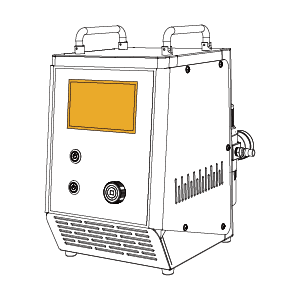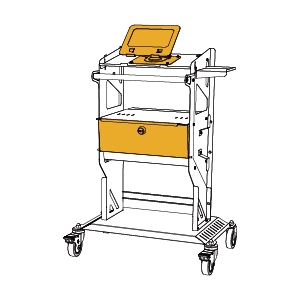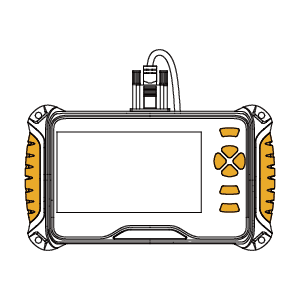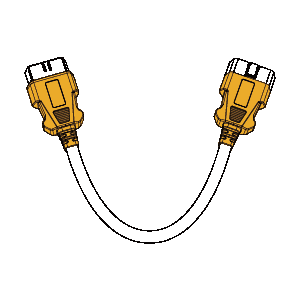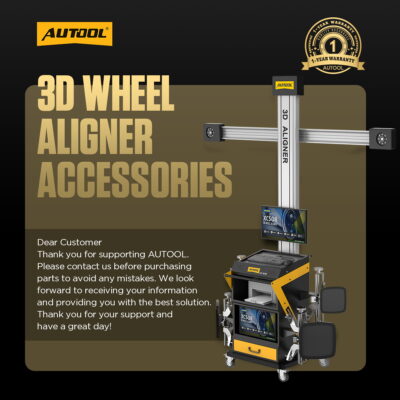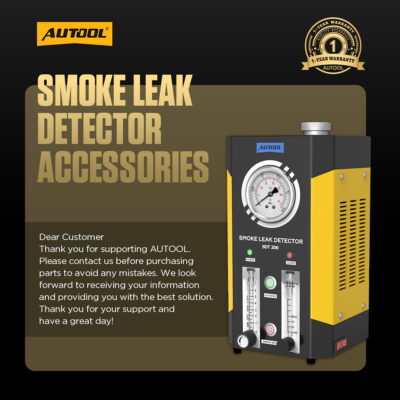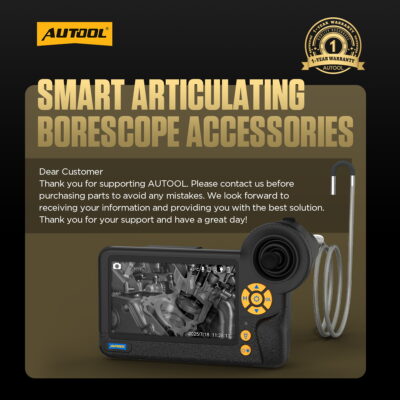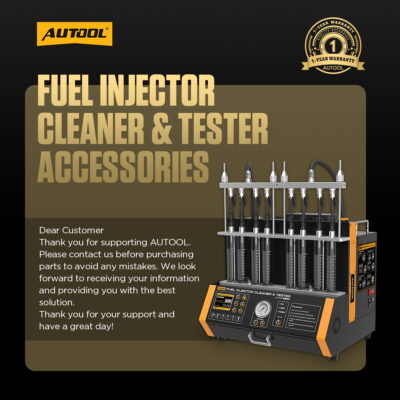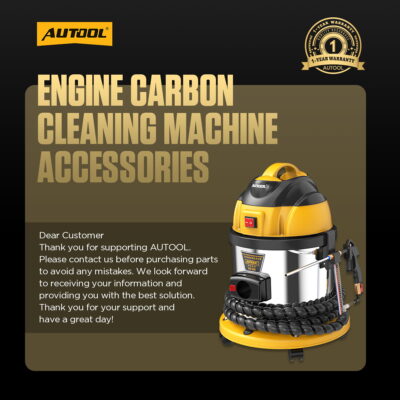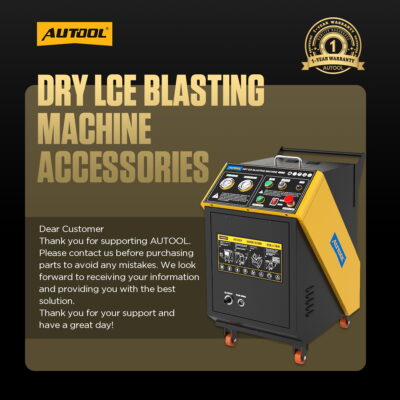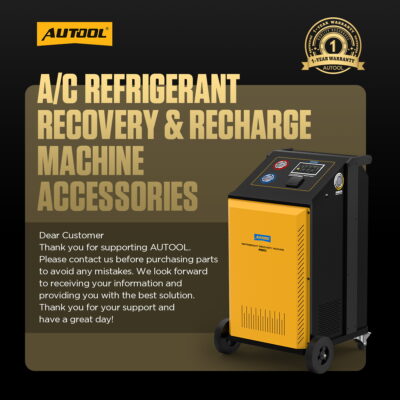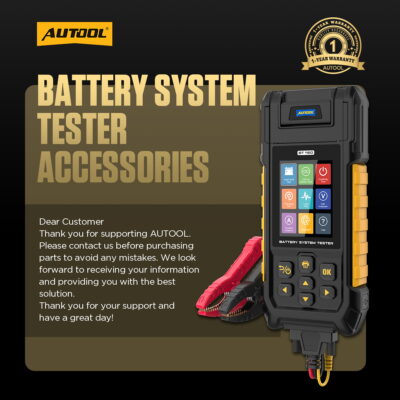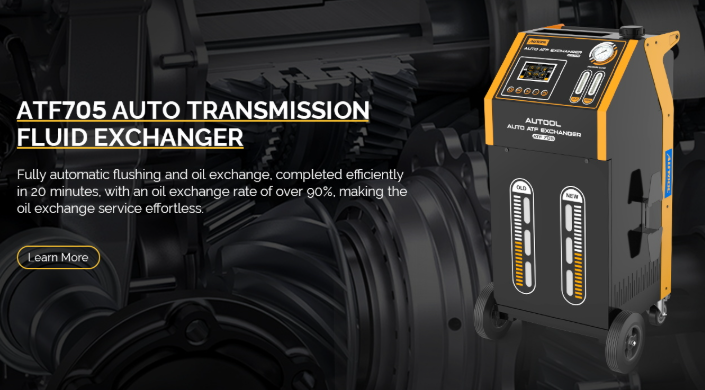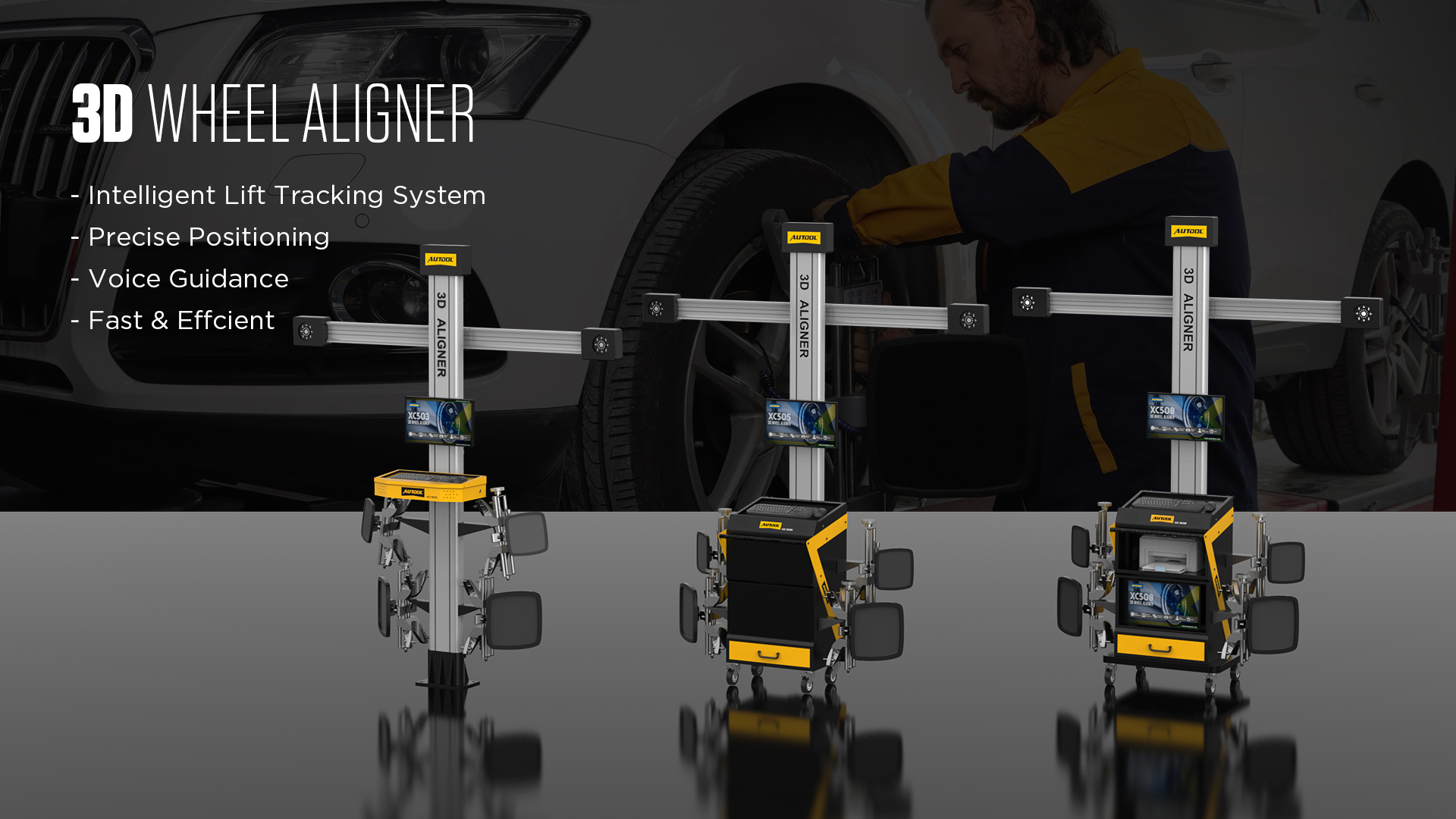Purchase Guides, Repair Information
Car Maintenance Checklist: Tips for Peak Performance
The Importance of Car Maintenance
Car maintenance is a vital aspect of owning and enjoying a vehicle, much like how taking care of your health ensures a fulfilling life. Just as regular exercise and check-ups keep us in peak condition, maintaining our cars through routine care and attention keeps them running smoothly and safely. In this blog post, we’ll explore why car maintenance is crucial, the benefits it brings, and how it contributes to a hassle-free driving experience. So buckle up and join us on this journey to understand why your car deserves the best care possible!
1.Oil change
Following a replacement cycle of every 5,000 kilometers or 6 months is crucial. Neglecting engine oil changes equates to neglecting your blood replacement. Over time, oil loses its lubrication, darkens, and becomes less effective in protecting components. This increases wear and tear, potentially leading to engine failure. Additionally, deteriorating oil evaporates due to heat, lowering levels and risking engine seizing.
- Gravity oil draining: troublesome and time-consuming operation.
- Oil pumping: no need to elevate the vehicle, can be quickly extracted cleanly.
- AUTOOL OD720 Pneumatic Oil Extractor extracts all used engine oil from the engine through negative pressure into the oil storage tank.
2.Spark Plug Replacement
Replacement cycle:40,000km Over time, automotive spark plugs wear, develop carbon buildup and gaps, reducing ignition efficiency and impacting engine performance and fuel economy. Regularly replacing them prevents misfires, starting issues, fuel waste, ensuring smooth engine operation!
- The AUTOOL SPT360 Spark Plug Tester is designed to test the performance and strength of spark plugs, simulating actual engine speeds and supporting operating frequencies up to 9000 rpm.
3.Antifreeze replacemente
Replacement cycle:2 years Antifreeze left unreplaced for a long period of time can cause reduced performance and shorter life of the car, and can even cause the engine to pull or even burn out. Replacing antifreeze can clear rust and guttering that cause overheating and device deterioration, prevent system magazines from being generated, and protect cooling system leaks.
- AUTOOL SC301 Automotive Cooling System Leak Detection and Filling Machine combines cooling system leak detection test and automatic coolant filling function in one machine.
4.Brake Fluid Replacement
Replacement cycle:40,000km or 2 years Regularly replacing your car’s brake fluid is one of the key steps in ensuring that your braking system works properly and improves driving safety. Over time, brake fluid absorbs water and impurities, leading to performance degradation and air bubbles, which may cause brake failure. Regular replacement keeps the brake system clean, extends its life and improves safety.
- Human oil change: slow change speed, easy to fail to mix the air, need more than one operator.
- The Brake Fluid Changer is efficient and convenient, with a high success rate, and can be done alone.
5.Transmission Fluid Change
Automotive batteries will gradually fail during use due to reduced electrolyte concentration, electrode corrosion and other reasons, leading to a decline in electrical energy storage and output capacity. Regular replacement of batteries can ensure that the vehicle starts normally, maintains stable operation of the electrical system, and avoids malfunctions and problems caused by aging batteries.
- The gravimetric replacement method can only replace about 40-50% of the old oil.
- Circulation machine replacement: can replace more than 90% of the old oil, fully automatic, short time
6.Carbon removal
The replacement cycle of every 20,000 kilometers or 6 months is crucial. This cycle removes carbon deposits and clears build-ups inside the engine, ensuring parts like cylinders, piston rings, and intake valves are thoroughly cleaned. Consequently, this process improves engine efficiency and durability while simultaneously reducing automobile exhaust emissions.
- Your car can accumulate carbon buildup around the engine, exhaust valves, exhaust pipes, cylinder heads, pistons, intake pipes, fuel injectors, and other parts. Click below to learn more about carbon cleaning!
7.Battery replacement
Replacing automotive batteries every 5,000 kilometers or 6 months is crucial. Over time, reduced electrolyte concentration and electrode corrosion cause gradual battery failure, reducing energy storage and output. Regular replacement ensures normal vehicle starts, stable electrical system operation, avoiding malfunctions from aging batteries.
- AUTOOL EM365 voltage regulator is capable of charging batteries and automatically adapting to regulate voltage and current. You can also use it to repair batteries or as a starting power supply for automobile maintenance.
8.Air Filter Replacement
Replacement cycle:20,000km or one year A dirty air filter reduces engine air intake, causing incomplete fuel combustion, unstable operation, decreased power, and higher fuel consumption. Replacing it protects the engine, improves fuel economy, lowers emissions, and ensures peak performance, key for maintaining vehicle condition and engine longevity.
- Changing the air filter element requires no special equipment; simply use a wrench or screwdriver and select the correct type of air filter element.
9.Air Conditioning Filter Replacement
Replacement cycle:20,000km or one year Regularly replacing your car’s air conditioning filter helps keep the air inside your car clean, improves air conditioning efficiency, extends the life of your air conditioning system and protects the health of your passengers. This is one of the most important measures to maintain a comfortable and healthy environment in the car.
-
Changing the air conditioning filter requires no special equipment, just use a wrench or screwdriver and select the correct type of air filter.
10.Oil Filter Replacement
Replacement cycle:Change with oil Over time, engine oil can contaminate the oil filter paper, risking clogs. Replace the oil filter each time you change oil to avoid contaminating new oil and ensure effective filtration.
- Changing the oil filter requires no special equipment; just use a wrench and a bucket with the correct type of oil filter.
Optimizing Car Maintenance: The Impact of Driving Habits on Vehicle Longevity
Learn more

